* Poker = gambling = debt
As I mentioned in my last post, I have some friends and family that think poker is like heroin – starts off great but soon you’re addicted and up to your eyeballs in debt.
Of course, we all know it isn’t like that. There are countless arguments on the web, all trying desperately to decide whether everyone should join the gambler’s anonymous or not. This is my take on it all.
* Poker = gambling
“Gambling is any behavior involving risking money or valuables on the outcome of a game, contest, or other event in which the outcome of that activity depends partially or totally upon chance or upon one’s ability to do something.” (en.wikipedia.org/wiki/Gambling)
So technically, poker counts as gambling. Assuming of course, that tournament chips have some value. Tournament chips don’t have monetary value – only your finishing position does. But, given that (generally) more chips means a higher finishing position, chips do have an implied value, since the point of the game is to gain more of them in order to finish higher.
* But gambling does not = debt
But is gambling a terrible thing? As I see it, no. People often say – “it’s addictive, you’ll lose all your money”, but this argument is analogous to the one about guns – “guns don’t kill people, people kill people”. It’s not gambling that puts you in debt, it’s the person doing the gambling. Any activity that involves spending your money can put you in debt. Properly managed (as with all financial affairs), gambling is perfectly safe.
All decent players, from amateur to pro, will tell you that bankroll (the stash of money a player uses for poker) management is paramount to success. There’s no sense betting all your money in one go, since there is always a chance you’ll lose (as in any form of gambling). Instead, risk small portions of your bankroll, so as to give your skillful edge plenty of time to come into effect – over the long run.
As for addiction.. how many substances are in everyday use that are incredibly addictive? Alcohol? Nicotine? What if every time you treated yourself to a glass of wine, all your friends jumped up and started preaching about the dangers of alcoholism and addiction? You’d say – “pah, go away and stop being silly”, and you’d be entirely right. Gambling is no different.
I’ve heard some people say, “but gambling is immoral, and a silly thing to spend your dosh on”. Why? I can spend £10 down the pub or at the cinema in a couple of hours, or I can spend the same amount on a game of cards. I’d probably enjoy them both about as much, and with poker I have the added bonus of being able to win my money back = free entertainment!
* But how can you win? It’s all luck, right?
This is a different argument – whether poker is a game of skill or not. Once you accept that poker is gambling, you can get on with explaining why it’s a hundred times better than BlackJack, Roulette, Craps or any other standard casino game.
With most casino games (like those listed above), you are playing against the house. The odds are mathematically balanced in the house’s favour (they have to make money somehow). If you played for 1000 years, you would lose – not a lot, but you would lose.
Poker allows you to manipulate the odds in your favour, through your betting and psychological warfare. You’re not playing against the house, but actually against other players. With the odds in your favour, play for 1000 years and you’ll come out on top.
A skillful player has an “edge” over other players, since in the long run he is more likely to come out on top, since he is better at manipulating the odds. For example..
Say you hold 2 spades, and you need another to make a 5 card flush and a winning hand, and there are 2 cards to come. The chances of you hitting the spade on the next card is about 4-1, but over the next 2 cards is about 2-1.
If there is $100 in the pot, and it costs you $20 to call, you’re getting $100-$20 or 5-1 odds. This means, over the course of 10 times of playing this hand and calling the bet you’ll miss the spade 4 times (losing 4x$20 = $80), and hit the winning spade once (earning 1x$100 = $100), giving you an overall profit of $20.
Regardless of the outcome of each individual hand, continue making these sorts of bets and you will profit in the long run because your odds are good. If you know your opponent is drawing to that flush, you can bet $50 instead of $20, reducing his odds to $100-$50 or 2-1. Now, he will miss and 4x$50 = $200 loss, and win 1x$100 = $100 gain, giving an overall loss of $100.
Even if your opponent calls and wins in this case, it was still not a good play. He will still lose money in the long run, and you should always be happy he does call – it’s players like him that provide the profit to be made!
This basic example clearly shows how poker is a gambling game, but a well calculated and mathematically sound gamble, which will show profit in the long run. This cannot be said about other casino games, the lottery, horse and dog racing and almost every other form of gambling, since they all play against the house (or bookie), and not against other players.
In poker, YOU are acting as the house, offering odds on the hand through your bets. It is up to good players to bend these odds in their favour, as shown above.
Of course, we still haven’t mentioned the psychological side to poker. Bluffing, tells, reading your opponent and so on. All these skills will improve a players odds of winning, or the value of the bets they make. These skills are much harder to quantify, but they do exist. If you can force your opponent to fold through your betting, you win – regardless of the cards you have. Knowing when to bluff is an artform.
* Conclusion
Poker is gambling. Gambling is not a bad thing. Poker is a skillful game, and good players have a mathematical and psychological edge over poor players. Poker is a battle, with each tournament being a skirmish, and each hand being a tossing of insulting words between opponents. It’s all about the long run, and proper money management.
If a player cannot manage his money, cannot play well and so loses all his money – that’s HIS fault, not the fault of the game. Above all, it’s supposed to be fun, just like any other hobby, interest or even profession.
Shuffle up and deal.
By Will Barden
Will (AKA PokerBarney) is the owner and author of the All-In Poker Blog, which documents his journey from small stakes grinder to a high roller, along with plenty of opinion! Check out the poker blog at http://AllInPokerBlog.Co.Uk to check up on how he’s doing.

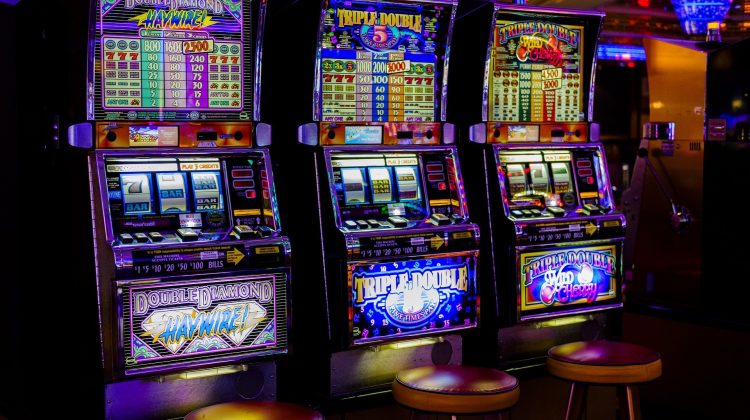

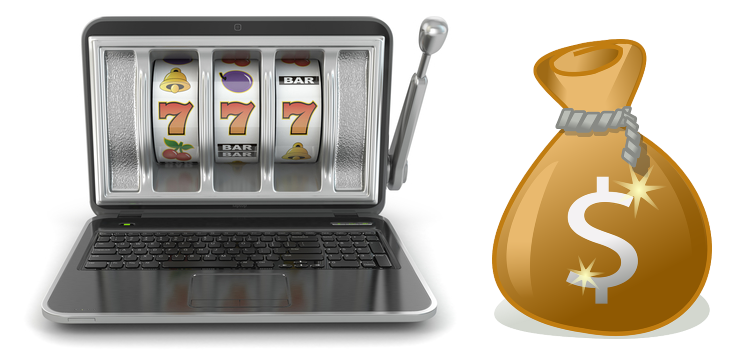




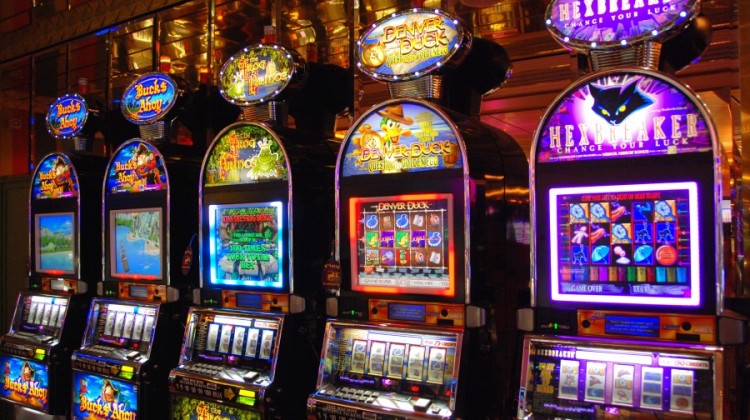
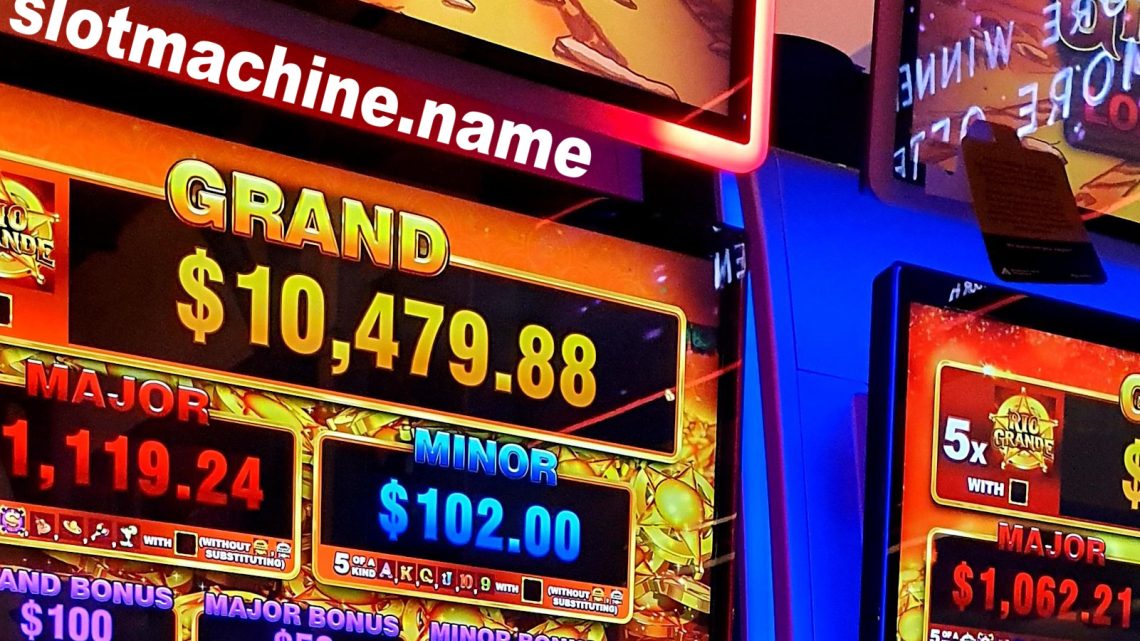
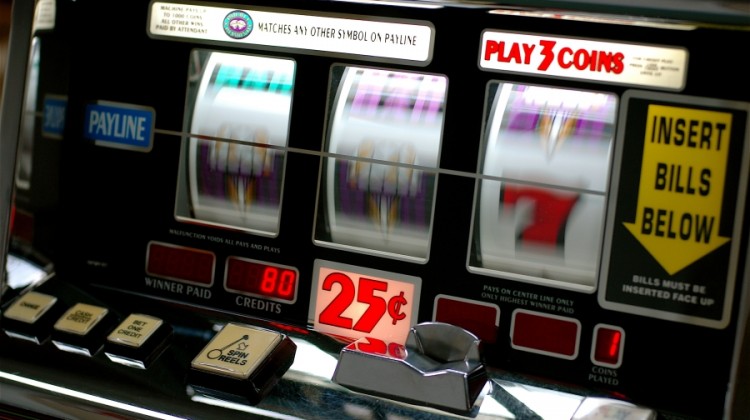
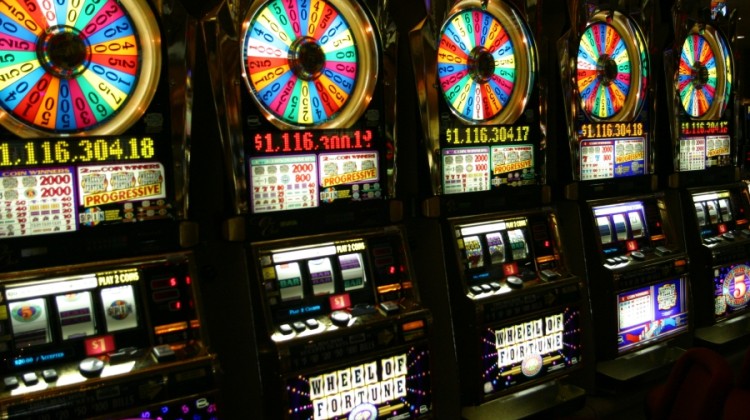

No Comment